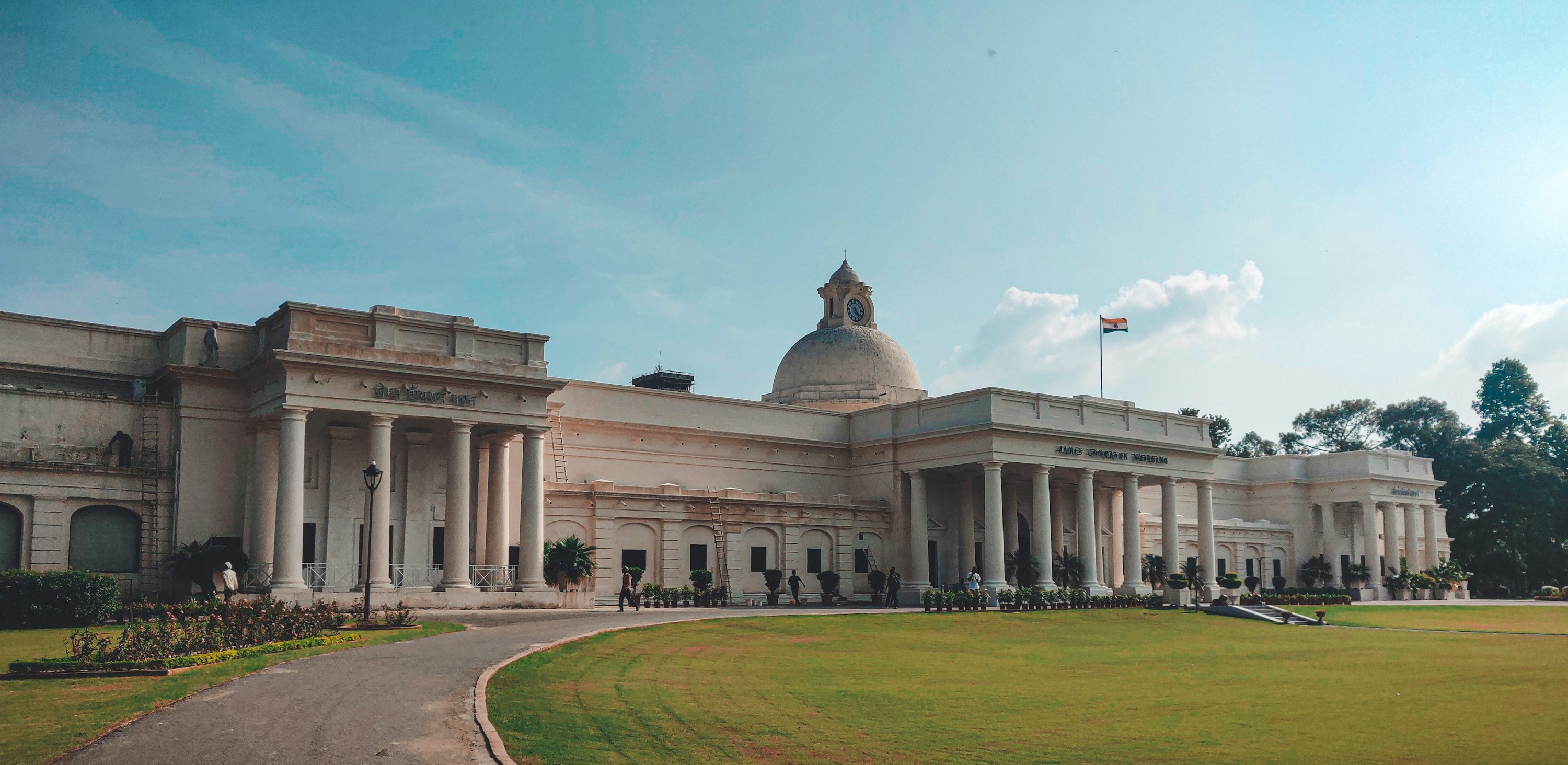

Body of IITR

The Student Affairs Council was nominated for their new terms in the year 2021-22. These seven GenSecs, who have been tasked with getting the students’ problems out to the admin, have been nominated via a closed process for the second time in a row. Watch Out! brings to you a comprehensive piece on these nominations, how they were done this year and how the lack of elections highlights the glaring issues which continue to persist in the institute’s administrative politics.
Before we proceed to critique the nomination process that has now been employed for the SAC appointments, it is imperative to note how it differs from election proceedings in a typical offline sem.
Usual proceedings involved candidates preparing manifestos as the base of their campaigns, and conducting campaigning via various means - a process that lasted around three months, giving students ample time to evaluate the candidates and make a well-informed decision on their vote. These manifestos included the promises of the work they would do in their tenure and the goals they planned to achieve and were informed to the students. These were used as the basis for deciding which candidate one chooses. Elections were overseen by an Election Committee, consisting of members of the Administration and student representatives, who ensured no foul play in the election process.
What needs to be noted here is the thorough and transparent nature of the offline elections as contrasted with the clandestine nominations whose results were recently announced
The nomination process spanned the past week and a half, with very few people having knowledge of its existence and no announcement or any other communication. The in-office GenSecs and the convener nominated one potential candidate each for the offices, making two candidates for each of the seven posts. It was planned that if neither of the candidates was deemed fit for the job, the post would be open to the public for nominations and interviews.
Several interviews were carried out by a panel composed of the supervising Dean, DoSW, and the ADoSWs to gauge the competence of these two nominees. The better candidate was chosen based on the evaluation done exclusively by these professors.
The only people aware of this process being carried out were the people directly involved with the nominations, i.e., the former and the newly elected GenSecs, along with the Deans involved. No notification was given until the results were out yesterday, digressing from how information has been handled in the past.
This process comes with its own share of problems, most of which arise from the fact that representation itself is given no weight in the whole process of decision making.
The primary concern with how the General secretaries were appointed is the lack of transparency associated with it. The whole process was conducted behind closed doors, with nobody but the involved parties knowing about these proceedings. Not involving anyone outside this tightly knit circle ensured that students would be exempted from their part in the election and collective decision-making process, that power thus being limited to the already nominated members and the administration. Furthermore, this ensured that nobody aside from those involved could comment on the process or the selections as they never got a say in that process.
Nominations mean that another batch of freshers stays oblivious to campus politics. In an offline setting, basic awareness of politics and representation would be thoroughly given to each resident of campus, whether it is via campaigning or debates or any other activities that take place during those elections. Such knowledge is non-existent in students when these nominations take place. They do not know about the duties or work that these candidates plan to do and thus can not hold anyone accountable for any step their representatives take.
The new candidates do not have any incentive to stay accountable to the students now that the administration nominates them. They can get past by staying accountable just to the past SAC, who nominates them for the interviews, and the administration, who conduct their interviews. The SAC can now keep nominating more people like themselves, giving the junta no way to ensure their problems are being heard.
As stated before, the task of selecting the GenSecs was entrusted with the interview panel consisting of a panel from the administration only. GenSecs, who are supposed to act as a voice for students to raise their concerns to the corresponding Dean, were now put into power by those deans themselves. This further leads to their accountability being shifted from students to the admin who nominated them. Professors are generally involved with their work and in no way need to understand how the students feel about any of the administration’s decisions to do their job. While it may be assumed they know everything about our well-being, it is still very bold to assume that their conception of well-being will always match with what the students want. It was for this purpose that students elected their representatives.
The admin has time and again proved to be out of touch with the issues the student community faces. At the height of the pandemic, it was a very late and difficult decision for the administration to cancel the exams, which was followed by an even more rigorous schedule of assignments and tests, no action for which was taken in any form. At this point in time, the assumption that they understand completely what our issues may be and can choose nominees on the students’ behalf is deeply flawed. A representative body must understand such problems and have the power to oppose the admin whenever such an issue arises, both of which are threatened by the fact that now there is a lesser sense of responsibility to students and much more of that to the admin.
The barrier to external participation ensures that potentially more suitable candidates never get a chance to contest power. The measure of election is no longer limited to who is affected but rather to who is in power, thus defeating the purpose of representation and ensuring there is no incentive to work for the people. These nominees are now supposed to represent the students with no incentive to work for those students at all.
Although it is the primary concern, the problem lies not only in the fact that the whole process of nominations was very secretive but also in the very process of nominating Gensecs itself. While the institute can cite reasons as to why there were no elections held this time around, there is no denying that better-suited alternatives could have been undertaken.
Online elections would have been the best way to ensure that the GenSecs selected are from the popular vote. If the timing of the elections was an issue, interim GenSecs could have been nominated, with elections any time in the near future.
The sister institutions of Kanpur, Bombay, and Madras held online elections and with successful turnouts. In IITB, the candidates were allowed to nominate five members recognized by the EC to campaign on their behalf. Specific guidelines were put in place, such as a ban on offline campaigning for students present on the campus, approval of EC before posting on their Social media accounts etc. IITK and IITM had online debates broadcasted on Facebook, along with online campaigning.
Each of the institutes made their own voting portals, ensuring safety and access via all networks. Elections in all of these institutes were met with an increase in student voter turnout, partly attributed to students realizing the need for an efficient SAC. Considering everything, the fact that elections were not conducted at IITR, twice in a row, seems to be an issue of intent of holding the elections more than its feasibility.
Even now, it is possible to keep these GenSecs as interim nominations, with online elections conducted possibly in the next two months, like most of the other institutions have done. This is probably the only way to ensure some form of accountability while providing proper representation once it is possible, along with awareness among the general student populace.
The absence of elections highlights multiple problems in the system. The current process has ensured that any power in the hands of students is robbed of them, given rather to a few chosen individuals. The issues that come with lack of awareness and student participation continue on for another year, with no way to address them. It leaves the decision of who’s fit to support students to the very people they are supposed to convey these students’ issues. Representation has lost its essence.
Adopting newer methods during unprecedented times shouldn’t involve a total breakdown of fair practices, nor should they be done keeping the people they affect in the dark. The fact that the administration chose to make no announcements or any other communications with the student populace is a dangerous sign of a shift in the ethos of the Senate. This raises issues with accountability in the future, both from the institute and the candidates themselves.